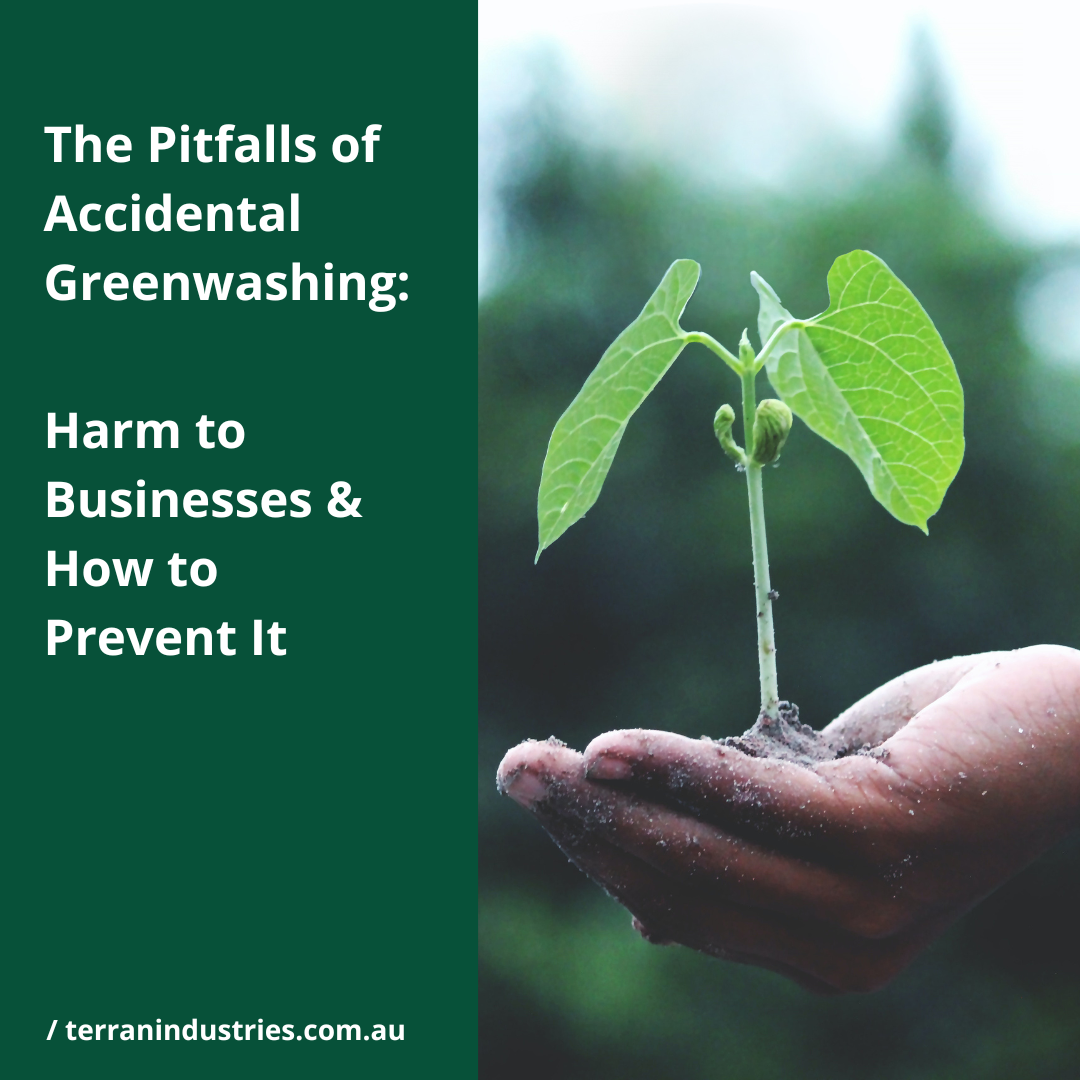BusinessSustainabilityESGThe Pitfalls of Accidental Greenwashing

In an era of increased environmental awareness and consumer demand for sustainable practices, businesses are under pressure to demonstrate their commitment to the planet.
However, this urgency has led some companies to inadvertently engage in greenwashing - a practice that can do more harm than good.
In this article, we will delve into the negative consequences of accidental greenwashing for businesses and explore strategies to avoid it.
Understanding Accidental Greenwashing
Greenwashing refers to the act of misleading consumers about a company's environmental practices or the environmental benefits of a product or service. It often arises when companies overstate their environmental initiatives or make false or exaggerated claims about their eco-friendly efforts. While some greenwashing attempts are intentional, many businesses fall into the trap unintentionally.
The Harmful Effects of Accidental Greenwashing
Eroded Trust
In an age of increasing consumer scepticism, trust is paramount. Accidental greenwashing can severely damage a company's reputation and erode the trust of its stakeholders. Once exposed, customers may feel deceived and lose faith in the brand, leading to a decline in customer loyalty and a negative impact on sales.
Legal Consequences
Misleading environmental claims can invite legal scrutiny and potential litigation. Regulatory bodies are becoming more vigilant in monitoring greenwashing practices, and companies found guilty of misleading marketing can face hefty fines, damaging lawsuits, and mandatory corrective actions. The resulting legal battles can not only drain a company's financial resources but also tarnish its image irreparably.
Missed Opportunities
By inadvertently misrepresenting their environmental efforts, businesses miss out on the opportunities presented by genuine sustainability initiatives. Authentically adopting eco-friendly practices can attract environmentally conscious consumers, strengthen brand loyalty, and create a competitive advantage. However, accidental greenwashing obscures the chance to build a positive and sustainable brand image.
Avoiding Accidental Greenwashing
Transparency and Authenticity
Businesses must adopt transparent and authentic communication strategies. Avoid making broad or unsubstantiated claims about environmental benefits. Instead, to ensure credibility, focus on specific actions, supported by evidence and certifications. Genuine commitment to sustainability should be reflected in all aspects of the company's operations.
Educate and Train Employees
Companies should provide comprehensive training to employees regarding sustainable practices and the potential pitfalls of greenwashing. This will ensure that all staff members have a clear understanding of the company's environmental initiatives and the importance of accurate representation.
Third-Party Verification
Seek certifications from recognised environmental organisations to validate sustainability claims. Third-party verification lends credibility and reassurance to customers, helping them differentiate between genuine commitment and greenwashing attempts.
Lifecycle Assessment
Conduct a thorough assessment of the product or service lifecycle to identify areas for improvement and set realistic sustainability goals. By understanding the environmental impacts of their operations, companies can make informed decisions and take effective action.
Collaboration and Partnerships
Engage in collaborations with credible environmental organisations, NGOs, and experts. By partnering with reputable entities, businesses can gain valuable guidance and insights to develop and implement meaningful sustainability initiatives.
Conclusion
Accidental greenwashing can have severe consequences for businesses, including damaged reputation, legal repercussions, and missed opportunities for genuine sustainability.
To avoid these pitfalls, companies must prioritise transparency, authenticity, and third-party verification.
By adopting sustainable practices in a credible and accountable manner, businesses can build trust, attract environmentally conscious consumers, and contribute to a healthier planet while ensuring their long-term success.

Evannah Jayne
Founder & CEO
A passion for sustainability and a desire to change the world, Evannah seeks to raise awareness of the important issues surrounding our planet today.
